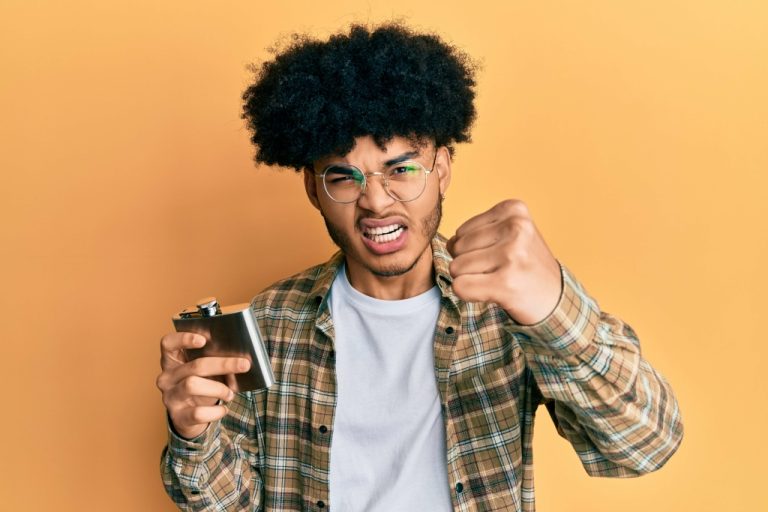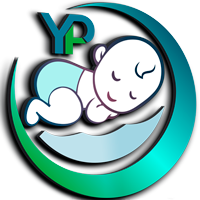When you don’t get enough REM sleep, you won’t feel rested, and you’ll see that influence your performance the day after. Along with trouble falling or staying asleep, poor sleep habits can also negatively affect mental health. Studies have connected poor sleep hygiene with poorer mental well-being. Although working out might seem counterintuitive during withdrawal, regular exercise can significantly improve your sleep quality. Aim for moderate-intensity workouts like brisk walking or swimming most days of the week, but avoid stimulating activity close to bedtime. The struggle with withdrawal insomnia can feel like an eternity—but rest assured, it’s not forever.
- Because of the damage that alcohol can do to your sleep cycles, sleep problems are common, even if you stop drinking.
- For example, many alcoholics in post-acute withdrawal have insufficient levels of excitatory neurotransmitters (like dopamine) during the day, which can make it harder to fall asleep at night.
- Some people in recovery may try to start drinking again to improve their sleep.
How to Get Sleep During Alcohol Withdrawal
Even though alcohol may help you fall asleep, it interferes with the quality of your sleep. If you’re battling age-related insomnia, it’s important to keep a consistent sleep schedule so you don’t skimp on the recommended seven hours a night. Try to go to bed at the same time every night to avoid those late-night, early-morning days. Alcohol may aid with sleep onset due to its sedative properties, allowing you to fall asleep more quickly. However, people who drink before bed often experience disruptions later in their sleep cycle as liver enzymes metabolize alcohol.
The Human Sleep Cycles
Someone in recovery from alcohol use may experience setbacks because of sleep-related withdrawal symptoms. Establishing good sleeping habits, also known as sleep hygiene, is an essential first step in good sleep. Ideally, you should wake up and go to bed at the same time each day.
You Have Poor Sleep Habits

Research has consistently demonstrated that excessive alcohol intake is correlated with poor sleep quality and can lead to or exacerbate a variety of sleep disorders. Studies show that alcohol affects can’t sleep without drinking the homeostatic drive that regulates sleep, disrupting the onset and maintenance of sleep and leading to issues such as insomnia. If you quit drinking and can’t sleep without alcohol I feel your pain.

- Exposure to bright light, especially in the morning, can also help you sleep at night, because it can help keep our circadian clocks on track.
- Studies suggest that generally, insomnia symptoms are most challenging during the first few days of quitting.
- After about a week, the symptoms start to calm down, and by the end of the first month, most people see significant improvement, if not complete disappearance, in insomnia.
The goal of cognitive behavioral therapy for insomnia (CBT-I) is to change sleep habits as well as any misconceptions about sleep and insomnia that may perpetuate sleep difficulties. In fact, 12-step recovery programs often refer to the factors that increase a person’s risk for relapse as HALT, standing for Hungry, Angry, Lonely, or Tired. Sleep disruptions may increase the risk that a person will feel tired, which might cause a person to reach for a drink if they feel like they can sleep sober.

